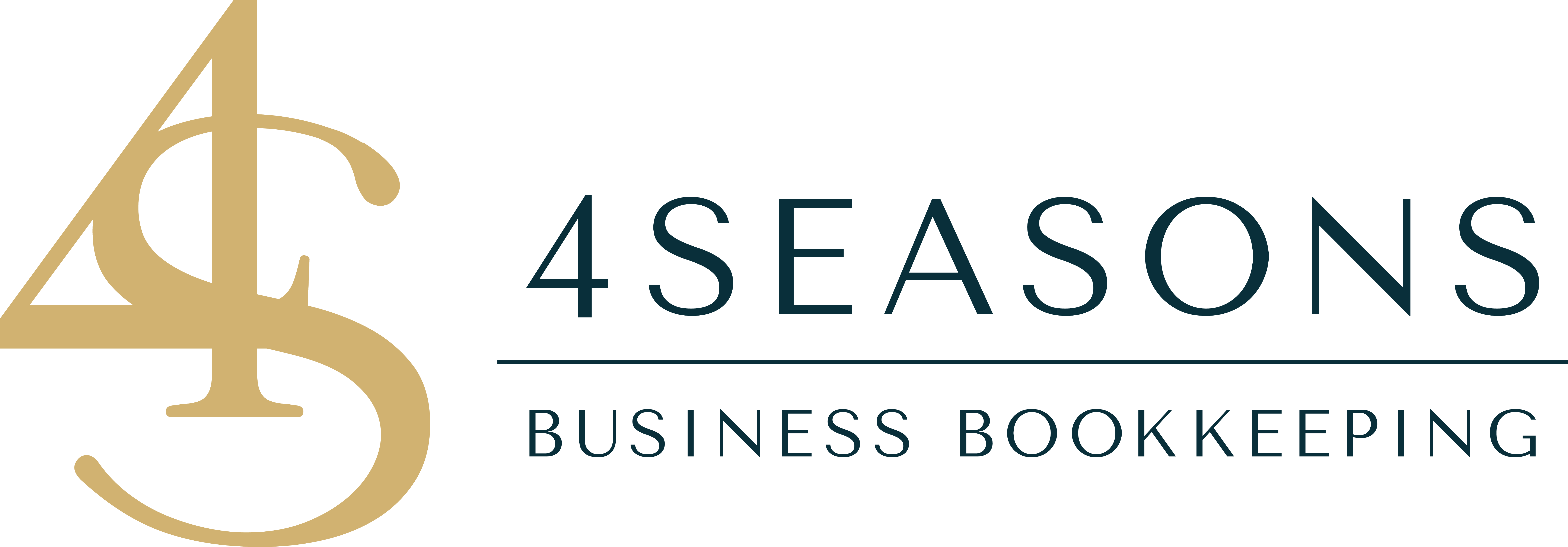Have you found yourself terrified at the thought of finances? Did you start your small business with the fun and creative parts of it in mind, and underestimate the amount of little details needing attention? You are not alone. Tax season is notorious for the stress it brings to business owners, but did you know you can get help throughout the year to relieve some of the stress from being a business owner? We aren’t talking about just accountants here; we are talking about the accountant’s soon-to-be best friend who makes life a lot easier: the bookkeeper.
What is bookkeeping?
Bookkeeping is the practice of recording, storing, retrieving, keeping, and analyzing the financial records of a company. Common bookkeeping services include recording receipts, paying suppliers, monitoring accounts receivable, providing financial reports, billing services provided to clients, and so much more.
What is the difference between a bookkeeper and an accountant?
This is not the same as an accountant preparing to file your taxes once a year. A bookkeeper records all of your financial decisions and can provide interpretation and analysis of the data to give business owners a better look at the ins and outs of their finances. This can relieve stress by giving an owner a crystal-clear view of where money is being made or being spent.
Therefore, they can make the best business decisions based on the outcomes.
Bookkeeping is a tracked record of all business expenses and sales your business conducts, while accounting is a one-time look at what that data means for your business. A bookkeeper can’t be an accountant without proper certification.
Now, some might think that bookkeeping is accounting’s slightly easier-to-handle relative. This is not the case. The price of being so in-tuned with a business to know each of their financial details is both taxing and arduous, but that is why it is so important. A business owner can gain back precious time and resources by being able to hand this type of tracking to a professional.
Your books are the life of your business; don’t make a rash decision based on wanting to avoid the financial duties. Hiring a freelance bookkeeper brings peace of mind, while you stick to what you know: running your business.
What is single-entry bookkeeping?
Single-entry bookkeeping is a method where one entry is made for each transaction in your books. You do not need formal accounting training for the single-entry system. The single-entry method will be best for smaller or private companies that do not hold many physical assets.
What is double-entry bookkeeping?
Double-entry system leaves less room for error. In a way, it ‘double-checks’ your books because each transaction is recorded as two matching.
Double-entry bookkeeping is more of a detailed process. It follows the principle that every transaction affects at least two accounts, these are debits and credits. The total credits must always equal the total debits, when this happens, your books are “balanced.”
Using the double-entry method is for a business that is large and public and relies on credit.
How to record entries in bookkeeping
You must keep accurate and properly documented reports to display a business accurately and then your bookkeeper can generate financial statements like balance sheets, income statements, and cash flow statements helps you understand where your business stands and see its performance.
The importance of a cash flow statement
A cash flow statement is a financial report that tracks incoming and outgoing cash in your business. It shows how well your company handles debt and expenses. By summarizing this data, you can see if you are making enough cash to run a sustainable, profitable business.

